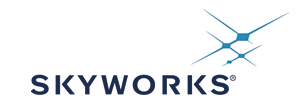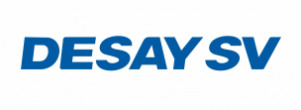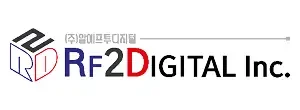Recently representatives of the radio broadcasting sector and industry have been invited to Johannesburg to an event on digital radio.
On May 3rd Sentech organised at its headquarters a full day program with participants from the Ministry to the delegates of the several stakeholders in the radio broadcasting sector (Ministry, regulator, National Association of Broadcasters and broadcasters in shortwave, medium wave and FM, the DRM and WorldDAB/DAB+ consortia, radio receiver manufacturers for both car and standalone receivers).
The Deputy Minister of Communications was in attendance and addressed the attendees at the event – She emphasised the importance of the role Digital Radio will play in South Africa’s Broadcasting Sector. This will have socioeconomic benefits to communities and the importance of Community Radio Stations as well.
The DRM consortium was present at this event made up of two distinct parts. The first part was a chance for those present to be updated on the results and advantages of several evaluation tests carried out in DRM and DAB+ in the South African environment.
In the past months and years South African members of the Consortium and other interested parties have successfully tested DRM in both medium wave (Radio Pulpit) and FM (Wecodec). Successful audio and coverage measurements have been made and the reports are available to all those interested. The broad conclusion is that medium wave and FM in DRM are giving results, benefits and savings and fit perfectly into the South African landscape.
The CEO of Sentech acknowledged the impact the DRM Trias will have in the transition from analogue to digital.
Karel Verhoef of Radio Pulpit gives a report on the DRM presentation during the morning of the May 3rd event.
The DRM showcase to the deputy Minister Mr Kekana was presented by Rev Karel Verhoef (Pulpit Media) and Mr Chris Joubert (Broadcom).
My presentation started by pointing out that DRM was put on the map in SA by Radio Pulpit, a community radio station and a member of Pulpit Media, who invested its own resources in this pioneering initiative. The first ever DRM trial was funded in this way and with the expert help of Mr Joubert was completed successfully. In this process we were supported by the DRM consortium with expert advice. Sentech later joined the trials to evaluate a low-profile antenna.
Mr Chris Joubert in turn, expanded on the success of the trial and impressed the audience with an audio clip, demonstrating the huge difference in audio quality (Analogue and Digital). A live DRM broadcast of Radio Pulpit was then fed to the venue, by remote control, in which Mr Kekana was greeted in person from the studio in Kilnerpark, Pretoria. Mr Joubert was technically in charge of this successful broadcast and the number of receivers on show performed well.
During the presentation the importance of co-existence by DAB+ and DRM was emphasised.
After the presentation, many of those present approached the DRM team to ask for more information
The afternoon was a special colloquium organised by Sentech with the focus on DRM AM and especially short wave. The main presentations were made by BBC (Nigel Fry) and Ampegon (Matthias Stoll) and they both emphasised the value of large coverage DRM. The obvious conclusion was that the world’s biggest short-wave station operated by Sentech cannot stand still and analogue in the changing digital broadcasting environment. Using Africa-wide coverage or domestic and rural coverage with this technology is key. What was often mentioned was that education and free radio programmes on air with digital content need to be available for a democratic, developing and growing nation.
According to Thembeka Khaka from Thembeka Khaka and Associates, fully involved in the organisation of the afternoon colloquium the panel discussion was of the greatest significance to those present. Among the participants were Solly Pitje (SABC Channel Africa) who emphasised the socioeconomic duty of the broadcasting sector. Councillor Peter Zimiri (ICASA) stressed regulatory aspects and obligations of the Electronics Communications Act. According to Thembeka Khaka, the focus of the government is very much on the community radio stations, representing 25% of the South Africa broadcast eco-system.
Some of the ideas expressed and conclusions drawn point to the fact that digital radio technology with DRM is providing benefits in all broadcasting bands and potential listenership and coverage with this standard is underestimated. The business model in this sector will be based on multi-lingual content and multi audio services with spectrum efficiency, all available in DRM. The actual listeners’ number and coverage experience at the moment underline the need to take the resolute step towards DRM and digital radio in general. Music, extra information, messages and data are key factors able to get to the next generation of radio broadcasting.
Both in the morning and the afternoon participants underlined the need and demand for the next step forward with a particular emphasis on shortwave in the afternoon discussions.
Throughout the day, the Ministry and regulators were shown the practical development of this modern digital radio by presenting several receivers with live transmissions.
The presentation and whole meeting was recorded and also distributed on a live stream for the outside community and also the broadcasting stations staff on the internet.
Local participation and education for the digital revolution of radio is important and under preparation. DRM technology takes its role responsibly and offered more exchange and support to all interested stakeholders.
The meeting was an important event and thanks go to Sentech for organising such a comprehensive and successful meeting, a showcase of all valuable and positive feedback for the digital radio revolution. It is now the role of the Ministry, the regulator and all the industry stakeholders to take some of the outcomes forward and make digital radio real in South Africa.
The Wecodec DRM for local coverage Trial Results are now finalised and an extension of six months was granted by ICASA.
Matthias Stoll, Ampegon
















